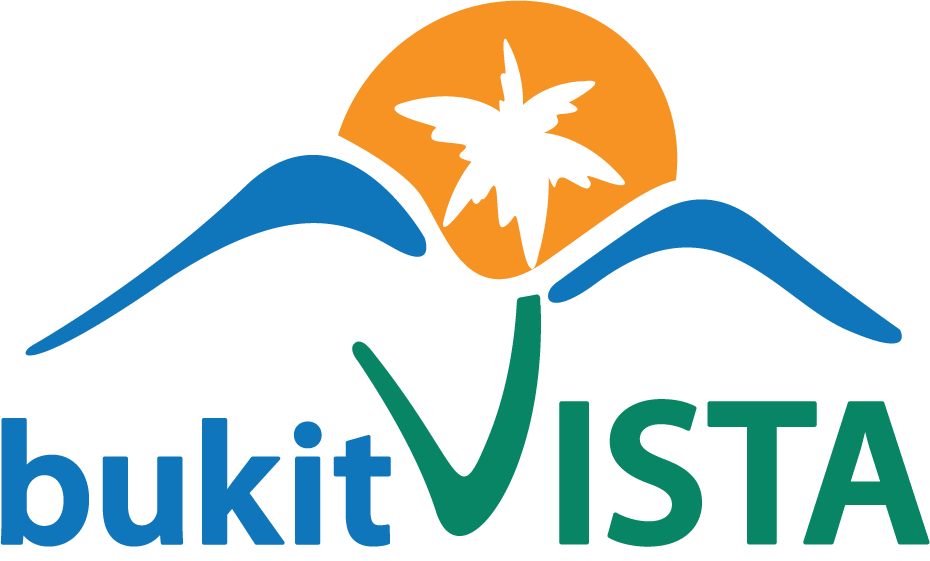
Introduction
Hey there, I’m Dafa, a Business Data Scientist at Bukit Vista. Today we’re diving into a topic that sits at the crossroads of two incredible disciplines: Data Science and Supply Chain Management within the Hospitality Industry. If you’re intrigued by how data can make the wheels of your supply chain run smoother, faster, and more efficiently, you’re in the right place.
For the journey ahead, you’ll need a basic understanding of supply chain mechanics and some rudimentary knowledge in data science techniques. Don’t worry, if you’re an expert in these fields, we’re going deep, addressing the intricacies that only seasoned professionals would appreciate.
Inventory Management
Problem Statement
Managing inventory is like juggling fire. Get it right, and you look like a pro; get it wrong, and things can go up in flames quickly. In the hospitality industry—think hotels, restaurants, and tourism services—inventory management can be even trickier. You’ve got perishable items, seasonal demand, and ever-changing customer preferences.
Data Science Techniques
- Time Series Analysis: To predict demand, Time Series models like ARIMA or Prophet can be extremely useful.
- Clustering: To understand the types of inventory that are often used together, clustering algorithms like K-means can be applied.
Resources Needed
- Historical Sales Data
- Inventory Logs
- Data Science Software (e.g., R, Python)
- Time and expertise to tune the model
Solution
By applying Time Series Analysis to past sales and inventory data, you can create predictive models that forecast demand. Clustering allows for better bundling, enabling more efficient procurement and storage.

Inventory Optimization with Time Series Analysis. [1]
Supplier Relationships
Problem Statement
We all know the old adage: it’s not what you know, but who you know. But in today’s data-driven world, it’s actually both. In the hospitality industry, you’re often dealing with a multitude of suppliers, and managing those relationships can get complicated.
Data Science Techniques
- Sentiment Analysis: Applying Natural Language Processing (NLP) algorithms to emails and communication with suppliers can give insights into the health of the relationship.
- Network Analysis: To visualize and optimize the interconnections between various suppliers.
Resources Needed
- Communication Logs
- Supplier Performance Metrics
- Network Analysis Software (e.g., Gephi)
Solution
Sentiment analysis can provide a “relationship score,” allowing you to preempt issues or renegotiate contracts proactively. Network Analysis can help eliminate redundant relationships and optimize for cost, speed, and reliability.

Sentiment Analysis for Supplier Relationship Idedentification. [2]
Efficient Procurement Processes
Problem Statement
Procurement isn’t just about buying stuff. It’s about buying the right stuff, from the right people, at the right time. But how do you define ‘right’ in a landscape that’s constantly shifting?
Data Science Techniques
- Optimization Algorithms: Linear programming or integer programming can be used to find the most cost-efficient procurement strategies.
- Machine Learning Algorithms: Random Forest or Gradient Boosting to predict the quality of materials from different suppliers based on past performance.
Resources Needed
- Past Procurement Data
- Supplier Quality Reports
- Optimization Software (e.g., IBM ILOG CPLEX)
Solution
Optimization algorithms can find the most cost-efficient combination of suppliers and materials, subject to constraints like delivery time and quality. Machine learning algorithms can predict the quality of materials, aiding in supplier selection.

IBM ILOG CPLEX Optimization Studio. [3]
Conclusion
This is just scratching the surface. The confluence of data science and supply chain management opens up avenues for exponential gains in efficiency, cost-reduction, and strategic planning. So if you’re in the hospitality industry and you’re not leveraging data science yet, it’s about time you got started. The ROI is just too good to ignore.
Until next time, this is Dafa, your friendly Business Data Scientist at Bukit Vista, signing off. Keep those algorithms buzzing!
